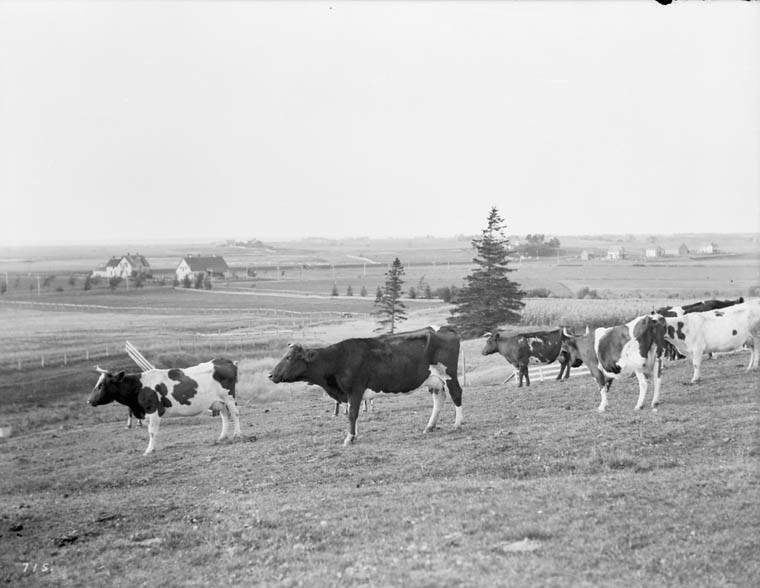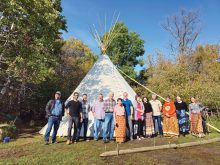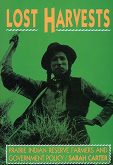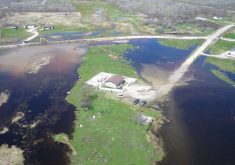September 30 marks the National Day for Truth and Reconciliation. This day is meant to honour the children who never returned home and the survivors of residential schools, as well as their families and communities.
Many people never learned the history of residential schools. It was not taught in schools until recently and it was not talked about.
I’ve met many people who were angry when they first started learning about this history. I firmly believe knowledge is power, and by reading or listening to stories by Indigenous people, everyone can learn these histories and start to work towards reconciliation.
Read Also

Government silence loud on AAFC cuts
Canada’s federal government trumpets fiscal responsibility; their silence on a day of massive Agriculture and Agri-Food Canada cuts was baffling at best.
I’ve long had an interest in this area, and so I would like to recommend some books I’ve read by Indigenous writers.
David A. Robertson is a member of the Swampy Cree Nation who currently lives in Winnipeg.
In his memoir, Black Water, Robertson travels with his father, Don, back to the family trapline.
Don grew up on the trapline before he was taken to a residential school. In a personal, emotional memoir, Robertson learns about his father’s history and how it affected his own family life.
Robertson has also written several books for children, and his picture book When we were alone can be used to teach children some of the impact of the residential schools, in a tone that is appropriate for younger people. This book is beautifully illustrated by writer/illustrator Julie Flett, a Cree/Métis author.
For those who prefer to read fiction, Michelle Good’s debut novel Five Little Indians is a book I’d recommend you pick up.
Good, who is of Cree ancestry, is a poet and lawyer and has spent part of her career advocating for residential school survivors. Five Little Indians follows five teenagers as they leave residential school and try to make their place in the world.
Some of the characters end up living in the bush, while others struggle on the streets of Vancouver. It is a powerful novel with fully realized characters who display how residential school has affected them. This book is a national bestseller, and a finalist for the Scotiabank Giller Prize, one of Canada’s biggest literary accolades.
They Called Me Number One is a memoir written by Chief Bev Sellars of the Xatsull First Nation.
Sellars recalls her years at St. Joseph’s Mission School in Williams Lake, B.C., and how she, her mother and her grandmother were all affected by attending residential schools.
The title describes a practice used at St. Joseph’s Mission School. Instead of being called by their names, the children were all given numbers and Sellars was referred to as “number one.” In this book, she details the suffering she experienced, and its impact on her mental health and family. She also outlines her own path to healing.
I have met some people who feel overwhelmed when it comes to Indigenous issues, so if you want to learn some more basics about Indigenous issues in Canada, I have two suggestions for you.
First, I recommend Chelsea Vowel’s first book Indigenous Writes.
Vowel is a Métis woman from the Lac Ste. Anne area in Alberta. Indigenous Writes is an excellent primer for understanding Indigenous issues in Canada. It’s written in a plain language with a healthy dose of snark.
This book will change and challenge your assumptions about First Nations, Métis and Inuit issues, dispel a lot of myths and explain things in a way that is relatively easy to follow. Vowel explains things like “the Sixties Scoop,” “blood quantum” and how Indigenous people are taxed.
Thomas King’s The Inconvenient Indian is another book that examines what it means to be Indigenous in Canada.
King is a celebrated novelist, children’s writer and mystery writer of Cherokee and Greek descent. This book looks at the relationships between Indigenous and non-Indigenous people and delves into how Indigenous people are portrayed in pop culture.
The National Day for Truth and Reconciliation is just one day, but it is a call to action for everyone.
And for some, that action can start by picking up a book or two, reading, and learning more.
– Alexis Kienlen has been been a journalist with the Alberta Farmer Express since 2008 (where her article was originally published). Originally from Saskatoon, she is also the author of two collections of poetry, a biography, and a novel called Mad Cow. She can be reached at [email protected].















